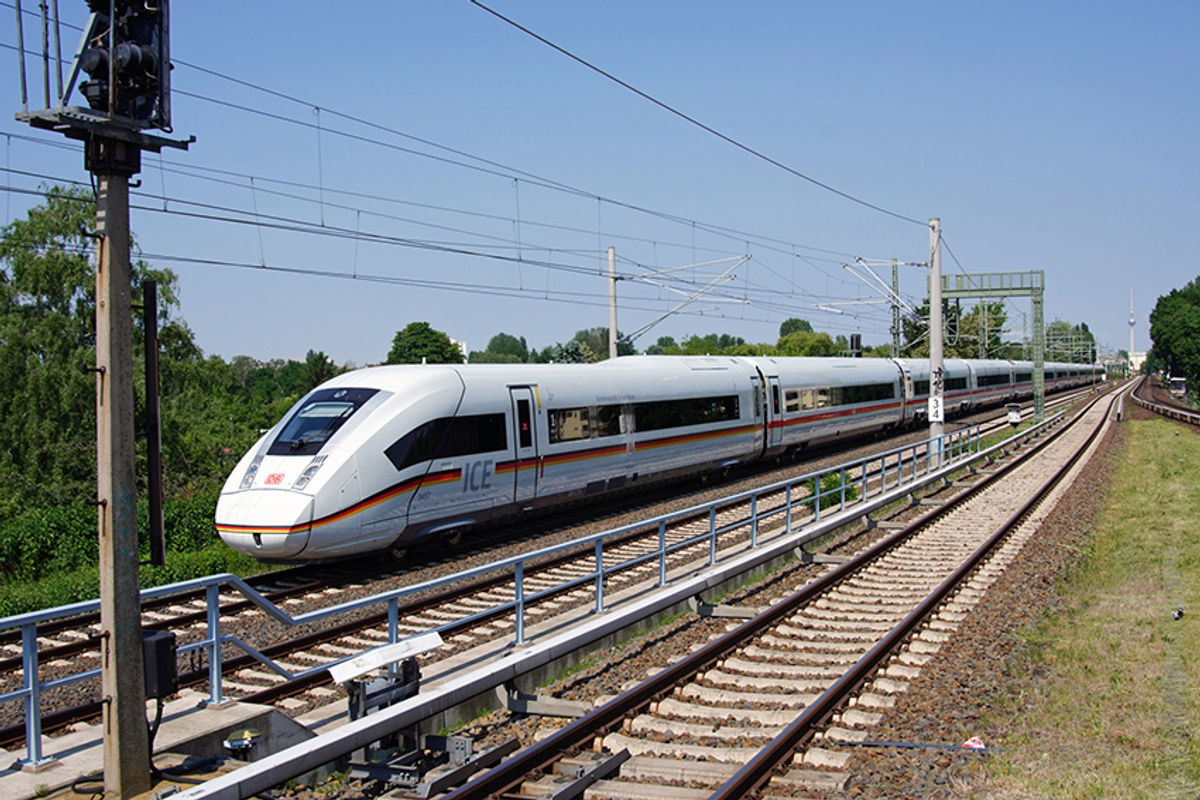Travel
German corporates embrace new D-Ticket to push sustainable mobility

Corporate mobility strategies in Germany are becoming more climate-friendly, according to the latest research by VDR, the country’s travel buyer association.
In recent survey of its members, VDR found the vast majority (72 per cent) offer or reimburse employees for Deutsche Bahn’s Deutschland-Ticket, which allows for travel across the country by all means of public transport for a monthly subscription fee of €49. However, long-distance services, including DB’s high-speed ICE services, are not included.
The D-Ticket was introduced a year ago, on 1 May 2023, and VDR said its survey results indicate a positive trend towards sustainable mobility among German corporates.
“A year ago, when [the ticket] was introduced, only half of the companies surveyed planned to use or finance the ticket… [our] survey confirms the tendency that the Deutschland-Ticket represents a ground-breaking impulse in the transport transition,” the association said in a statement.
Additionally, 85 per cent of respondents said their company is subsidising the new ticket. Of those, 30 per cent are subsidising between 11 and 25 per cent of the cost, while around 50 per cent already cover more than 25 per cent.
VDR said these figures show “a lot has changed” in the 12 months since the ticket’s release as just 38 per cent of companies surveyed in 2023 said they would cover more than 25 per cent of the D-Ticket cost.
Moreover, 75 per cent of surveyed members said their company now makes the D-Ticket available to all employees, compared to 62.5 per cent in 2023.
“The offer has already become an integral part of corporate mobility in large parts of Germany – both for business travellers and for all commuters whose workplace is connected to public transport,” VDR said.
The association is urging politicians to invest in both physical and digital rail infrastructure, stating “this is the only way to advance the transport transition in terms of sustainable business mobility”.










